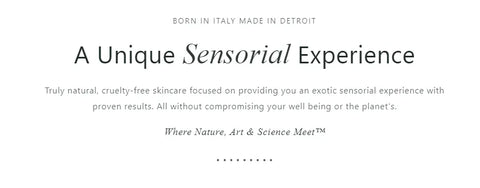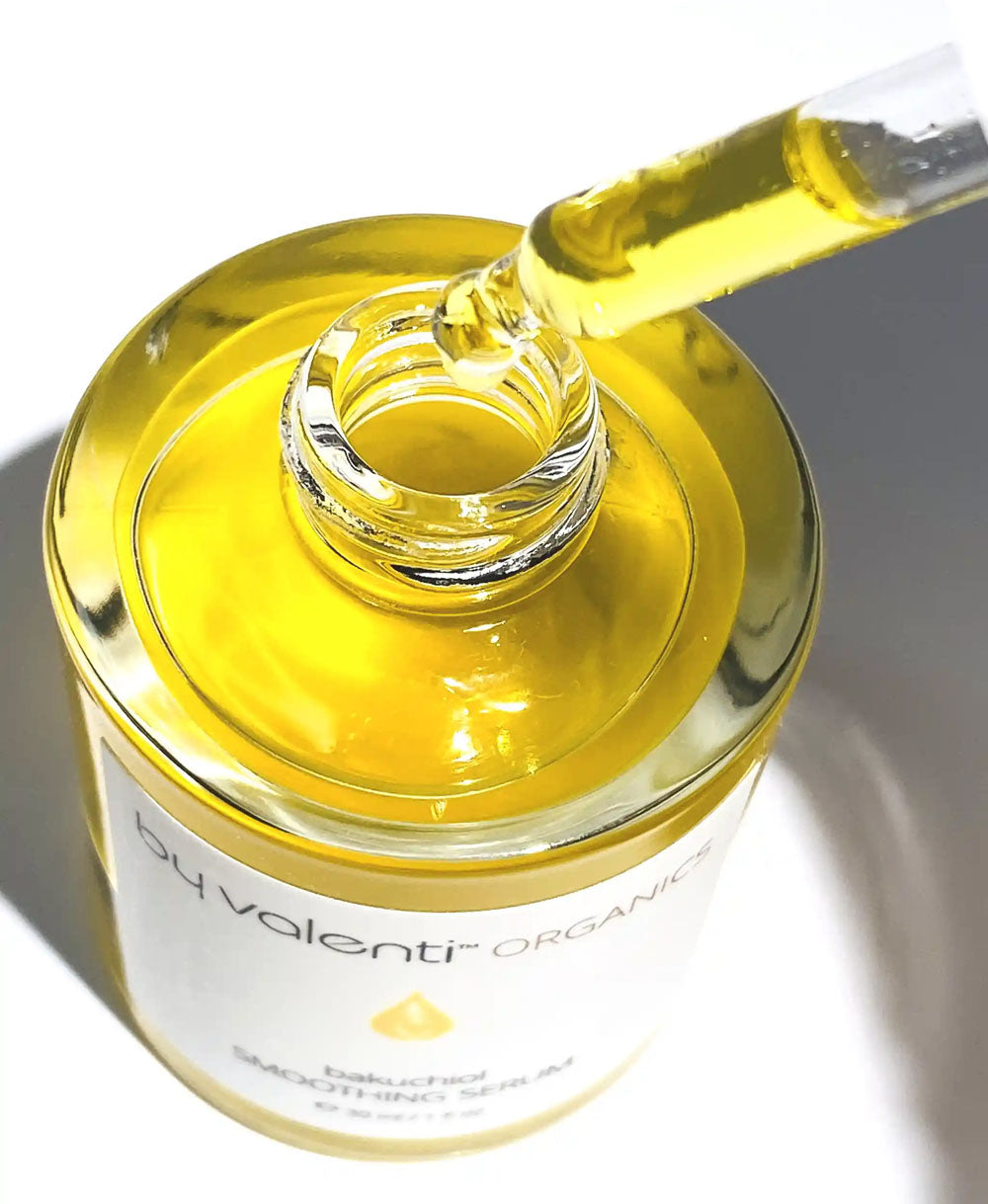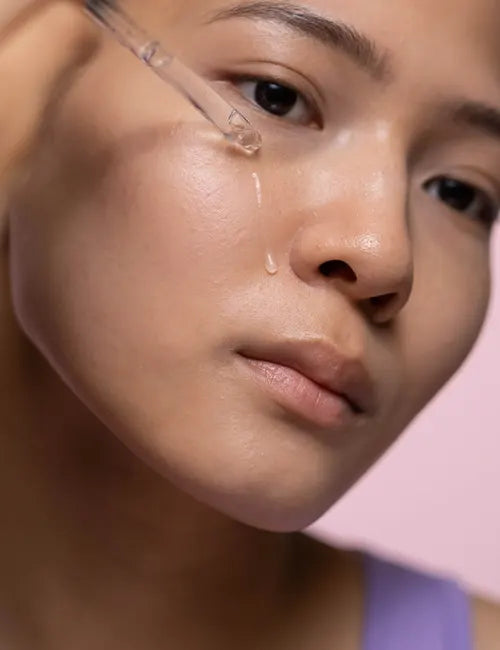El origen de la palabra española sensorial
Sensorial . Español, adjetivo (sensorial en inglés). Del latín sentiō, sentire, que significa "percibir, sentir". Palabra española de uso casi exclusivo en el campo de la psicología y la neuropsicología. Se refiere a los 5 sentidos sensoriales (auditivo, visual, táctil, olfativo, gusto), como en la estimulación sensorial, Estimulación sensorial.
Aunque "Sensorial" tiene raíces profundas en el latín-español, su equivalente correcto en inglés es "Sensory". El idioma inglés, a lo largo de los siglos, ha adoptado numerosas palabras de diferentes idiomas. Por ejemplo, la palabra jalapeño, que se pronuncia ha·luh·pee·nyow , que, para un hablante nativo de español como yo, suena divertida cuando se pronuncia en inglés, ya que se traduce como "tirar de un pino", subraya las adaptaciones lingüísticas que ocurren.
Sin embargo, el término "sensorial" ha caído en desuso en inglés, principalmente porque el idioma ya cuenta con el término "sensorial" para transmitir significados similares e incluso más amplios. Además, históricamente no se ha aplicado en el contexto del cuidado de la piel o los cosméticos, lo que marca una clara diferencia en su uso en comparación con su aplicación original en el mundo de habla hispana.
Sensorial y su estrecha relación con la psicología
Sensorial en español se utiliza casi exclusivamente en el campo de la psicología —mi campo— en referencia a rasgos o condiciones específicas como las habilidades motoras, la sensibilidad o la estimulación sensorial (auditiva, visual, táctil, olfativa, gustativa). Aquellas personas con hijos que asisten a academias Montessori establecidas en Italia han conocido este término como parte del currículo Montessori. Sensorial no es una palabra que se use comúnmente fuera de este campo y, ciertamente, no se usaba en cosmética hasta que en By Valenti la hicimos relevante por razones no relacionadas con el término original.
Comprender los estímulos sensoriales y su relación con nuestra marca y nuestros productos para el cuidado de la piel
Después de haber sufrido durante más de tres décadas dermatitis crónica causada principalmente por jabones y productos cosméticos formulados con ingredientes de baja calidad, toxinas ocultas y fórmulas ineficaces supuestamente diseñadas para personas con mis problemas de piel, conozco íntimamente lo angustiosas y dolorosas que pueden ser las afecciones cutáneas. Esta experiencia afectó negativamente no solo a mi piel, sino también a mi bienestar mental y emocional, lo que me llevó a años de incomodidad y frustración que afectaron mi autoestima.
En el 2006, cuando fundé By Valenti, experimenté una transformación profunda. El aspecto de mi piel mejoró significativamente y los productos que desarrollé ayudaron a forjar una nueva conexión positiva entre mis vías neurológicas y la salud de mi piel. Estos productos me han proporcionado constantemente experiencias sensoriales positivas que perduran hasta el día de hoy.
En By Valenti, creemos que el cuidado de la piel es más que simplemente mejorar la apariencia; es un viaje sensorial que ha sido central en nuestra filosofía durante más de 17 años. Nuestro enfoque incluye:
Táctil, Visual, Olfativo y Auditivo.
Táctil: Garantizar que la piel se sienta suave y agradable, y que pueda tocarse sin dolor ni molestias.
Visual: Transformando la piel a un estado saludable, porque creemos que una piel bella es una piel sana.
Olfativo: Al utilizar nuestras mezclas exclusivas de aceites esenciales en nuestros productos, crean respuestas sensoriales calmantes y que mejoran el estado de ánimo.
Auditivo: Reconocer las reacciones vocales positivas que acompañan la aplicación de nuestros productos, contribuyen a la liberación de hormonas “felices” como la dopamina, las endorfinas y la serotonina.
¿Por qué elegimos la palabra Sensorial si no tenía ninguna conexión con el cuidado de la piel?
En primer lugar, porque nuestros productos fueron diseñados, formulados y se centran en la "estimulación sensorial" . Y, en segundo lugar y lo más importante, necesitaba ser más astuta que nuestros imitador y plagiaristas.
La captura de un imitador
Durante años, nuestro trabajo ha atraído la atención no deseada de muchos individuos sin escrúpulos, desde marcas competitivas hasta delincuentes extranjeros, que se han apropiado de mi narrativa personal y de nuestros artículos académicos. (Nuestra última batalla)
Ante el reto de comprender la motivación detrás de este plagio e identificar a los culpables, ideé una estrategia inteligente: tender una trampa utilizando un término español distintivo, “Sensorial”, que no se había usado anteriormente en el cuidado de la piel.
Habiendo cursado una de mis carreras de psicología en un entorno hispanohablante, el español no es sólo un idioma que hablo con fluidez; es mi segundo idioma, después del italiano, mi lengua madre.
La decisión de utilizar “Sensorial” fue intencional, dada su singularidad y la ausencia de su uso dentro del sector del cuidado de la piel.
Este método no solo puso de relieve a quienes copian nuestro contenido, sino que también iluminó el problema más amplio del robo de propiedad intelectual en diversas industrias, demostrando una falta de remordimiento por parte de entidades de todos los tamaños.
Al integrar la palabra "Sensorial" en la parte principal de nuestro sitio web y en las descripciones de nuestros productos, esperábamos la inevitable aparición de imitadores. Y así de seguro, surgieron, lo que validó nuestras inquietudes y nuestra estrategia.


Estuvimos atentos al término "Sensorial" en las redes sociales, sabiendo que es el campo de batalla de la actividad de las marcas. No nos sorprendió que la captura del primer plagiarista fuese una marca conocida por sus prácticas engañosas — desafortunadamente, debo abstenerme de nombrarla por razones legales. Esta empresa, conocida por substituir ingredientes y hacer afirmaciones falsas, fue desenmascarada por publicitar falsamente que sus productos contenian Bakuchiol, lo cuál era falso, como lo destacaron los productores exclusivos del ingrediente bakuchiol en bakuchiol.net.
Después de este incidente, el término "sensorial" se convirtió en viral dentro de la comunidad cosmética y fue rápidamente adoptado por personas influyentes, periodistas y profesionales de la industria. Esta adopción generalizada hizo que su uso indebido fuera claramente evidente. Un correo electrónico de la industria que recibimos la semana pasada confirmó la propagación viral del término, y los análisis mostraron un marcado aumento en su uso. (VER AQUÍ)
Esta simple palabra no sólo reveló quién nos estaba vigilando en espera de algo único que copiar, sino que también puso de relieve los actuales problemas de plagio dentro de la industria.
Un mensaje para los imitadores e impersonificadores: estamos al tanto de ustedes, y la diferencia entre inspiración y robo es significativa.
Parafraseando una famosa frase de Oscar Wilde, la imitación puede ser un halago para algunos, pero en realidad, simplemente cruza hacia un territorio poco ético e ilegal.




